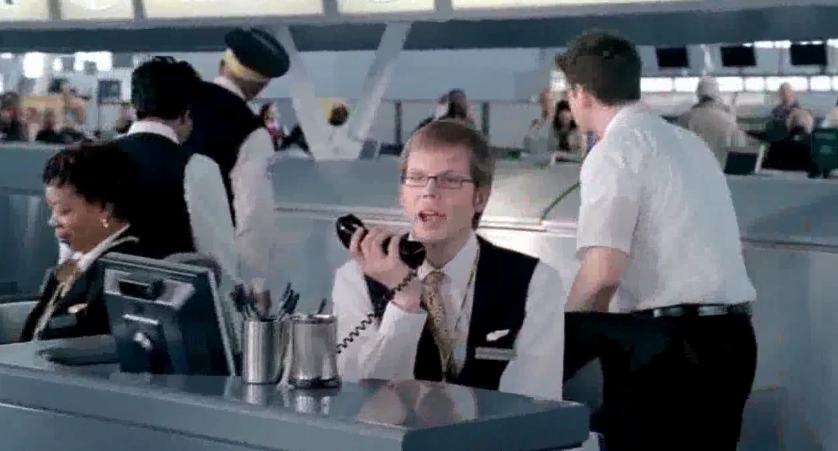Knowing when to stop learning

Without really knowing it (or maybe they did), Microsoft spent all kinds of money launching Bing simply to drive home an important principle that is as old as the Scriptures: there comes a time when we’ve got to stop learning and start doing.
The Bing commercials show how our culture has become inundated with knowledge and yet drained of the ability to do anything with it. We have become an all-knowing and no-doing culture, and that is a sure way to death. Any organization, church, or person who values learning in a vacuum has set a backwards clock counting down to the end of its existence. We simply can’t learn and learn and learn and never do anything with it.
As I think back over my years of education, I can think of many teachers who knew their subject – had even mastered it – but couldn’t explain to a gnat what to do with it. Their knowledge only gave them a ticket to the debate table with other smart people who could carry on a conversation about things that sounded important, and might have been important, but you could never find out because you could never move past the talk. For them, knowing was the end
Paul said in his letter to the Philippians that we should determine to live up to what we’ve attained. Paraphrased and in context, he’s telling them that they’ll never have all the answers, and so they shouldn’t ignore doing what they know while waiting to understand what they don’t.
Perhaps you’ve used what you don’t know as an excuse to put off living what you do. You’ve told yourself that once you understand the mysteries of your faith, you’ll tell others about it. Once you understand the complexities of the company software, you’ll present some new ideas to your boss. Once you know how to bake a soufflé, you’ll start fixing pancakes for the family breakfast.
Do you see the madness in it all? It is a recipe for accomplishing absolutely nothing of consequence. Want to influence the culture around you? Your family? Friends? Your own attitudes? Master the art of hearing and doing, and you will do well for those around you.
What is something that you learned recently that you haven’t done anything about?
Who do you know right now that could benefit from something you know? Perhaps calling them and encouraging them could be the best way to “stop learning and start doing.”




Leave a Comment